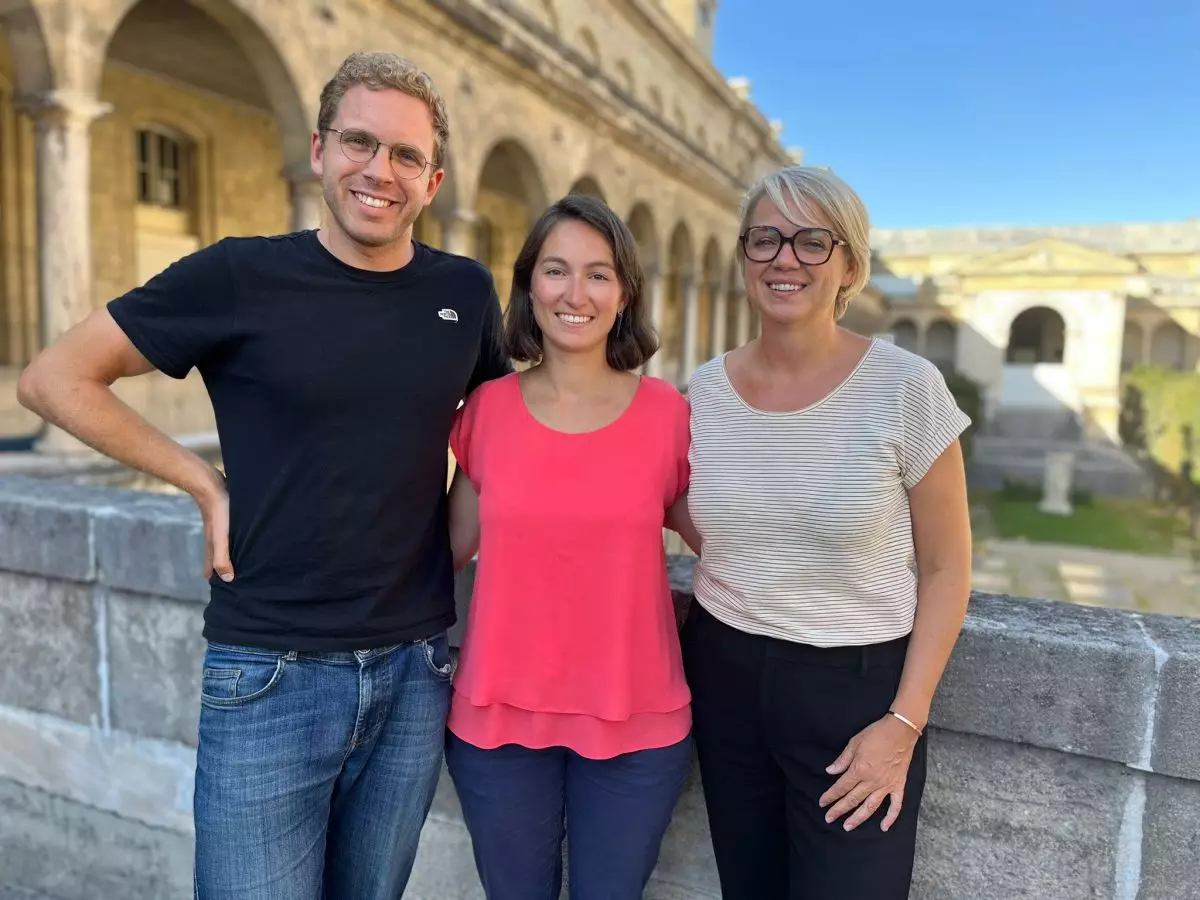As global cancer rates continue to climb, particularly among the younger population, the pharmaceutical industry faces a daunting reality: most drug candidates fail to pass through the arduous process of clinical trials. This observation has sparked significant discourse about the existing methodologies in cancer research, suggesting that the fault may lie not with the drugs themselves but with how trials are designed and implemented.
Fanny Jaulin, a pioneering figure in oncology startup culture, offers a unique perspective on this significant dilemma. Her insights suggest a critical need for refining clinical trial protocols, indicating an opportunity for innovation that goes beyond merely producing more compounds. This ongoing challenge not only peaks interest among stakeholders but also highlights the vital role of advanced technologies like artificial intelligence (AI) in transforming the landscape of cancer treatments.
Fanny Jaulin’s startup, Orakl Oncology, founded in 2023 as a spinoff from the Gustave Roussy Institute of Oncology, embodies the potential of incorporating AI into drug discovery. She emphasizes that the rise of AI tools has become a prerequisite in the sector—essentially the new baseline for any startup looking to make headway in oncology. However, what distinguishes Orakl is not merely the utilization of AI but its unique approach to intertwining data with biological context.
Cancer is notoriously complex, and Jaulin illustrates how traditional models often overlook the individuality of tumors. This gap in understanding underscores the necessity for a hybrid approach, one that consolidates in-depth biological insight with robust data analytics. Similar to Tempus, which went public recently, Orakl’s methodology pivotally focuses on patient avatars—innovative constructs that merge actual patient data with physical tissue samples to emulate real human responses to drug therapies effectively.
At the heart of Orakl’s approach are organoids—miniature, simplified versions of human organs cultivated for study in vitro. These organoids serve as high-fidelity models for testing drug responses, allowing for more reliable predictions of how potential therapies might function in live patients.
Currently, Orakl is working predominantly on understanding colorectal and pancreatic cancers, both notoriously challenging forms of the disease that have seen limited innovations recently. Through its dual emphasis on a comprehensive data layer—encompassing approximately 40 different variables for each patient—and a deep understanding of biological mechanisms, Orakl aims to bridge the existing gaps in therapy development.
Commercialization Strategy: O-Predict and O-Validate
Orakl’s future vision includes the launch of two key products: O-Predict and O-Validate. The former is tailored for drug developers, offering insights into anticipated patient responses to specific drug candidates. Conversely, O-Validate seeks to inverse the process, providing biotech firms with valuable data on the effectiveness of their experimental therapies.
Such a dual approach not only demonstrates the versatility of Orakl’s solutions but also capitalizes on the growing sector of AI-driven biotech enterprises. By catering to both drug developers and data-focused companies, Orakl positions itself strategically within a rapidly evolving marketplace that is increasingly seeking better predictive models for drug efficacy.
Funding and Future Prospects
Fueling this ambitious initiative is a recent seed funding round led by the European venture capital firm Singular, reinforcing Orakl’s financial foundation, which has now reached nearly €15 million when including earlier funding rounds. The investment will primarily bolster Orakl’s commercial team, essential for establishing partnerships and contracts within the competitive field of oncology research.
However, Fanny Jaulin asserts that her journey into entrepreneurship was not solely motivated by potential financial returns. For her, the venture into innovative cancer research embodies a deeper mission: to radically alter how cancer treatments are developed and validated, ultimately improving outcomes for patients worldwide.
The intersection of AI and oncology represents a transformative opportunity for cancer research. As startups like Orakl Oncology demonstrate, evolving methodologies that account for the unique facets of each tumor through advanced data analytics and biological understanding may hold the key to overcoming the historically low success rates of drug trials. The future of oncology could very well hinge on these innovative approaches, ensuring that the battle against cancer becomes increasingly personalized and effective.

